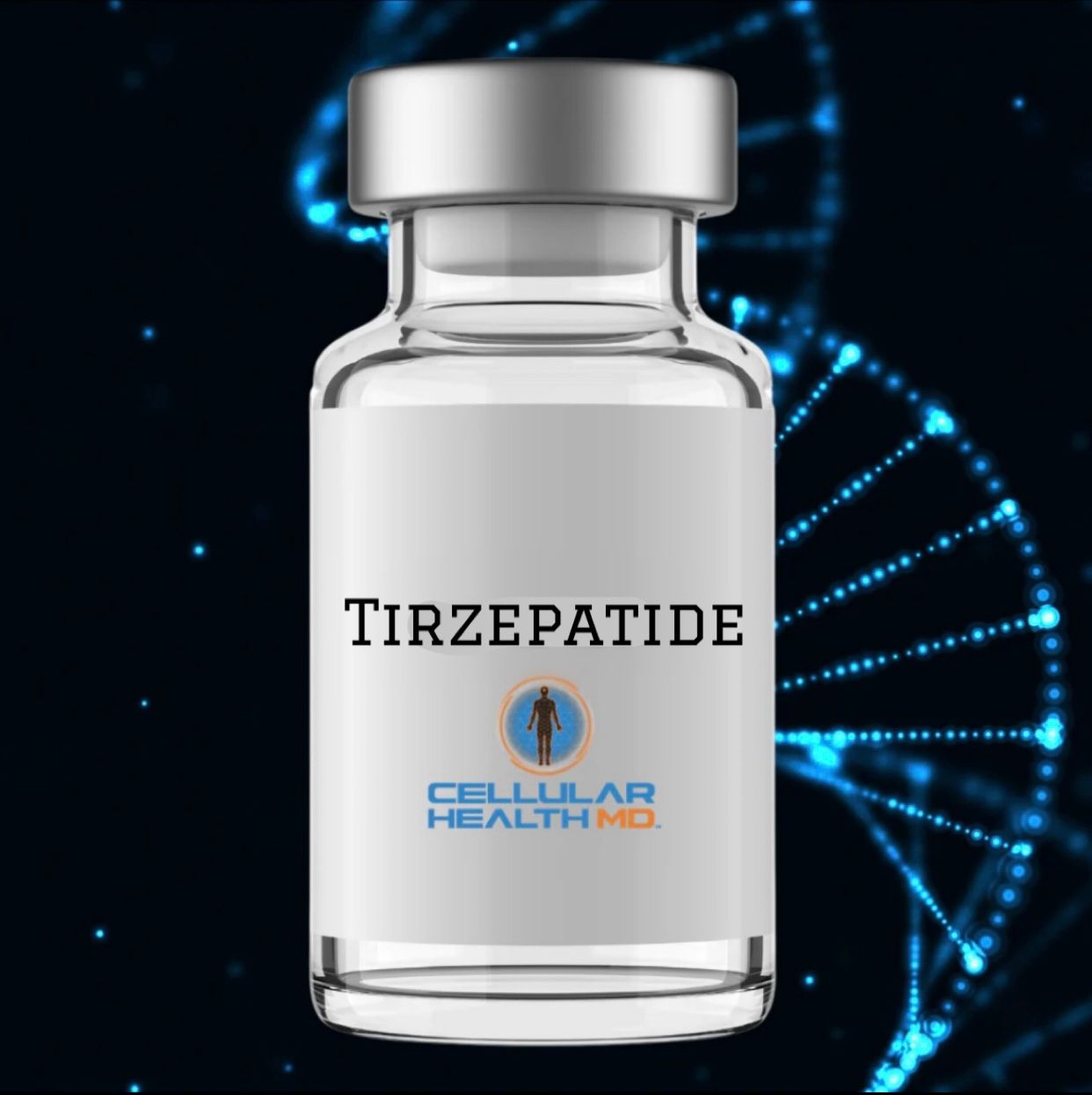So the million-dollar question is what is peptide therapy? There is a lot of buzz about peptides and what they can do for your skin, joints, muscles, and overall health.Your body makes peptides. They are found in every cell and tissue. Think of peptides as nothing more than short chains of amino acids. Well, what's an amino acid? Amino acids are molecules that combine to form proteins in your body.
It's important to remember that peptides and proteins are not the same. Peptides are tiny messengers that deliver instructions to your cells to perform certain processes. They are like a key. Every function in our body requires a key to take place.So peptides are this key that has a specific job. Peptide therapy is the use of lab-made peptides as a means of triggering a specific reaction in your body. Unfortunately, we know that the effects of aging, stress, and changes in our diet can affect our body's natural production of amino acids. This can result in many negative effects.
Peptide therapy aims to raise low peptide levels that can NOT be replaced with diet or supplements to help prevent or treat certain conditions. With peptide therapy, we can provide the body with a renewed ability to do what it did when we were younger and help our body with restoration and repair. Many aspects of our bodies and our health can be improved with peptides. There are more than 80 FDA-approved peptide drugs (also known as peptide therapeutics) on the market for conditions like diabetes, cancer, osteoporosis, weight-loss and multiple sclerosis (MS). Clinical trials are proving use for arthritis inflammation, autoimmune diseases, heart disease, dementia, Alzheimer’s and so much more!
Common peptides are used to help increase your body's natural human growth hormone (HGH) levels and promote tissue healing in your body. There are other peptides for brain health, sexual wellness, skin health, sleep, mood, concentration and focus, and hair growth.
How? Science doesn’t lie…
There are 20 amino acids that combine to make protein found in the body and they are classified into two groups:
- Essential amino acids (9)
- Nonessential amino acids (11)
- ESSENTIAL AMINO ACIDS
- Essential amino acids can't be made by the body. So they have to come from somewhere... We get these amino acids from our food.
- There are 9 essential amino acids.
NONESSENTIAL AMINO ACIDS
The name is very misleading because we DO need these amino acids. They perform ESSENTIAL roles, but since they're made by your body, they're not an essential part of your diet. The easiest way to think of this is that you still can get nonessential amino acids from food. You just don't need to worry about getting enough of these amino acids, since your body will make the amino acids and fill in any gaps not met by your diet. There are 11 Non-essential amino acids.
When proteins are digested or broken down, amino acids are left. The human body uses amino acids to help the body to do things like:
- Break down food
- Build muscles and grow
- Repair tissues
- Make hormones and brain chemicals
- Cell building
- Boosting the immune system
Amino acids can also be used as a source of energy by the body.
Peptides vs Steroids
Steroids increase hormone levels unnaturally in the body whereas peptides simply increase the signal allowing the body to create more hormones.
Manufacturing :
Lab-made peptides are safe. Lab-made steroids are not safe because peptides are essentially small chains of amino acids, which are the building blocks of proteins naturally found in the body, while steroids drastically alter hormone levels by introducing a completely foreign substance, leading to a higher risk of significant side effects especially when used in excess.
Example:
Lab-made natural occurring essential vitamins are safe. Lab-made non-essential preservatives in food are not safe.
Natural function: Peptides mimic naturally occurring signaling molecules in the body, so when administered, they trigger a more controlled physiological response, while steroids directly increase hormone levels without mimicking natural processes
Breakdown products: When peptides are broken down by the body, they simply yield individual amino acids which can be reused by the body, making them not cause harmful side effects.
Peptide drugs have some advantages over other drugs because :
- They are easier to send where they need to go in your body
- Have fewer side effects
- They are safer because when your body breaks them down, their byproducts are amino acids that your body can recycle
I really believe peptides are the future of individualized medicine. They have certainly shown promise in both clinical and practical application. I've also seen firsthand how peptides have helped me, my boyfriend and several friends.

